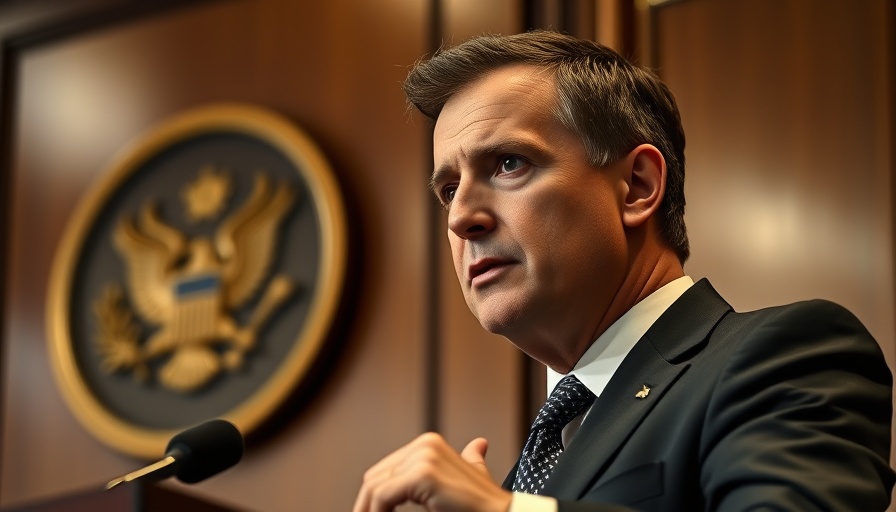
The Ongoing Battle for Justice in Nigeria's Senate
Nigerian Senator Natasha Akati Uadardwan faces a daunting struggle as she vows to take the Senate leadership back to court, following her barring from the National Assembly building. This situation underscores a deepening crisis regarding accountability and transparency in Nigeria's political landscape. After being suspended for six months for accusing Senate President Gods Akabio of sexual harassment, Uadardwan's hopes were momentarily lifted when a court lifted her sanction and mandated her reinstatement.
In 'Nigerian senator barred from parliament accuses Senate leadership of contempt of court', the discussion dives into Uadardwan's ongoing struggle and the implications for democracy and gender equity in Nigeria.
Allegations of Contempt of Court
However, Uadardwan was met with hostility when she attempted to re-enter the legislature. Armed guards barred her access, leading her to accuse the Senate of contempt of court. The Senate's dismissal of the court's ruling as merely a "non-binding opinion" raises alarming questions about the respect for democratic institutions and the law. In a nation still grappling with the legacies of autocracy, Uadardwan's plight reflects broader systemic failures affecting women in politics, as she stands among just four women in a chamber of 109.
Women in Politics: A Struggle for Power
The political landscape in Nigeria is marred with gender inequality, making Uadardwan's fight not just about her rights but about the representation of women in governance. The assembly's response, labeling her in contempt for speaking up, sends a chilling message to other potential whistleblowers who might feel empowered to challenge the status quo. Uadardwan's determination spotlight the intersection of gender and political accountability, reminding us all that true democracy cannot exist without the voices and leadership of women.
As this situation evolves, it beckons urgent discussions on how political institutions can better support female leaders and uphold the law. It raises an essential question: how can Nigeria cultivate a more inclusive political sphere where justice prevails?
 Add Row
Add Row  Add
Add 




Write A Comment